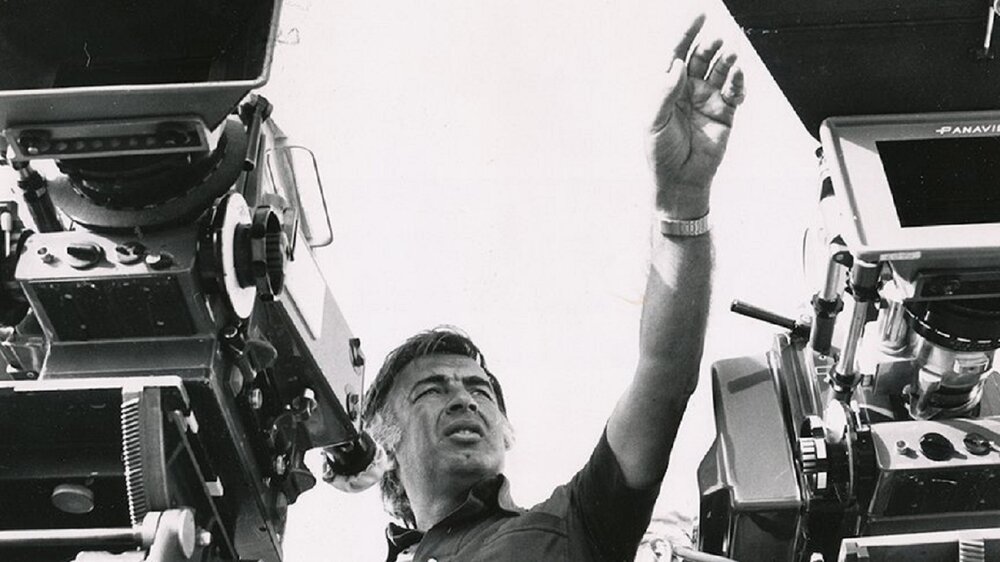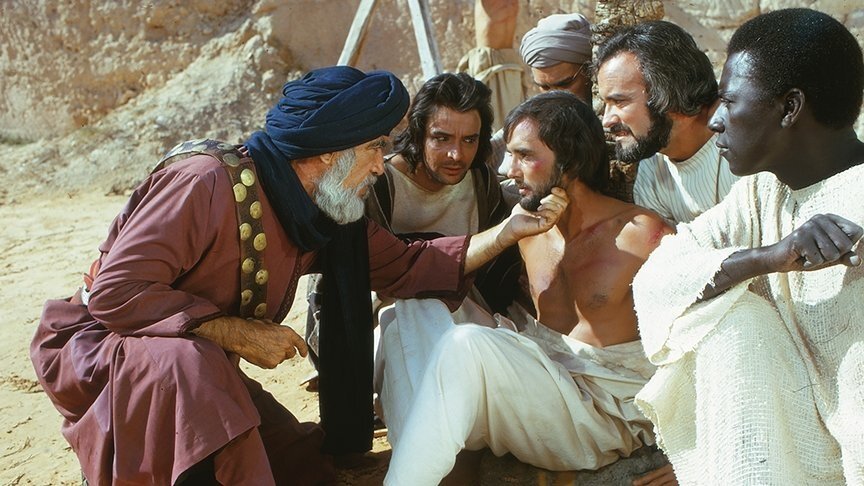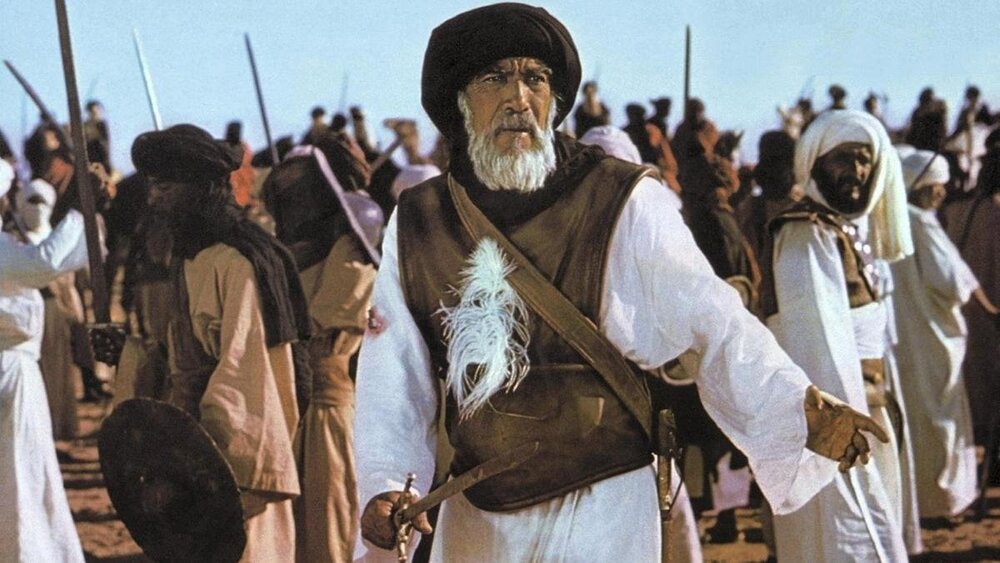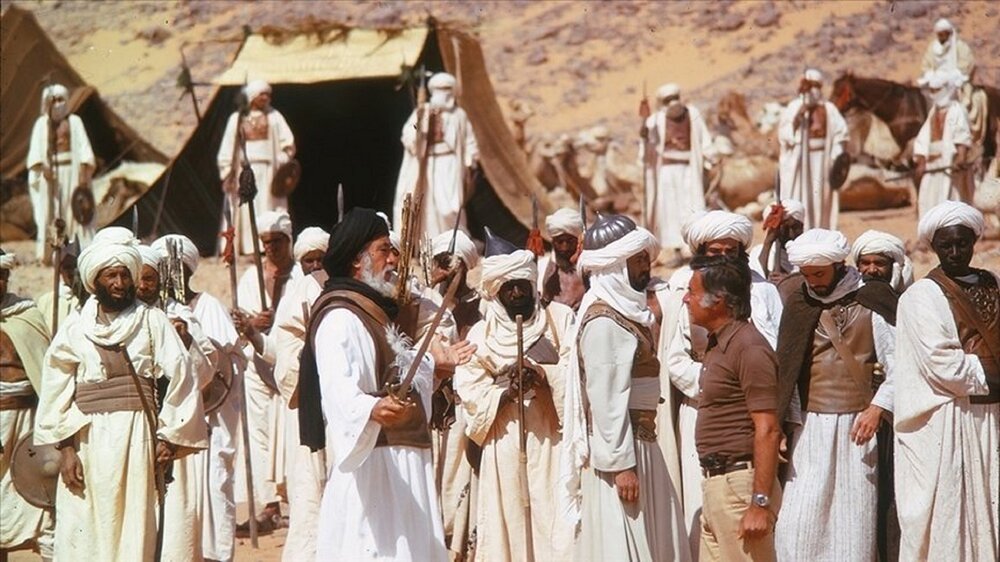Hawzah News Agency – It was more than a month ago now that I had the privilege to attend the gala event for the 4K restoration of Moustapha Akkad's 1976 epic "The Message," and I let the experience marinate for quite a while. The iconic director and producer's perhaps most iconic film – and possibly the most recognizable, well-known movie on Islam and the Prophet Muhammad in particular out there – is truly an experience like no other. One that holds up especially well – and in full 4K glory now – even 45 years since its debut. One whose "messages" should resonate even more with modern audiences.
If there is one thing one could guarantee it would be that "The Message" holds such a place in the Islamic world that almost every Muslim must have watched it at least once. It is the film that defines most children's first foray into a cinematic piece of Muslim art. Especially in Turkey, where it is known as "Çağrı" – better translated as "The Call" – it is dear to most people's hearts. I know I have seen it multiple times throughout my childhood, and I know many others have as well.
It is a curious case, a phenomenon, one whose explanation eludes me most days. I don't claim to understand it, or have another example upon which I can call and say "It's the Muslim equivalent of that!"
Its impact on culture is unquantifiable; its weight on its makers is unthinkable; its reach across the world is unimaginable; its legacy through the decades is unmatchable.
Analyzing such an iconic piece purely on its technical aspects would be a disservice I feel, so a little backstory is necessary to understand why "The Message" invites such strong feelings.

A 'message' for ages
Akkad, a Syrian American film producer and director, was born on July 1, 1930, in Aleppo. A movie enthusiast, Akkad desired to make it in the film industry. At only 18 years of age, with just $200 to spend and a copy of the Quran to keep him company, it was time for him to head off into the United States – and perhaps these were the early indications of what would become a special career in the movie business.
He studied film direction and production at the prestigious University of California, Los Angeles, and received his master's degree at the University of Southern California.
His biggest adventure in the filmmaking sphere was also his first directorial role, and it was a colossal task indeed, bringing the story, the life and the message of the Prophet Muhammad to the big screen.
Akkad had a vision, he had a personal obligation, he had – as he felt – a duty to fulfill, one which compelled him to spread "The Message." He explained what that message was meant to represent while he was trying to produce a film on the subject of Salah ad-Din, or Saladin, the first sultan of both Egypt and Syria, and the founder of the Ayyubid dynasty, which if history had played out differently, would have featured Sean Connery.
"Right now, Islam is portrayed as a terrorist religion. Because a few terrorists are Muslims, the whole religion has that image. If there ever was a religious war full of terror, it was the Crusades. But you can't blame Christianity because a few adventurers did this," he said. "That's my message."
He wished to bring a portrayal of Islam that would accurately represent the actuality of the religion and the people that lived it daily, and the passion of those people. A religion whose message of peace was lost in the Western twists and turns of its depiction.
It was an opportunity to cleanse the message and spread it throughout the West, an opportunity that could bridge the gap between the Western and Muslim worlds. All this while also retaining artistic integrity and value – which would in turn make "The Message" a timeless classic.
"Besides its production values as a film, it has its story, its intrigue, its drama," he had said. "Besides all this I think there was something personal, being a Muslim myself who lived in the West I felt that it was my obligation, my duty, to tell the truth about Islam. It is a religion that has a 700 million following, yet it's so little known about, which surprised me. I thought I should tell the story that will bring this bridge, this gap to the West," he explained.
However, that ideal, that message, brought with it monumental challenges.

The Message, the Messengers
Such a grandiose attempt as "The Message" cannot afford any weak pieces in its ensemble. So, it is quite a feat that Akkad successfully managed to bring together an ensemble cast that filled and portrayed their roles greatly. From Anthony Quinn, to Irene Papas, Michael Ansara, Johnny Sekka, Michael Forest, Andre Morell, Garrick Hagon, Damien Thomas and Martin Benson.
However, when considering the challenges production faced, the cast may have been the easiest part.
At first, the governments of Kuwait, Libya and Morocco had promised to support the film.
Akkad deeply wanted to pay the utmost respect to the subject matter. So, in a thorough attempt to be respectful – toward Islam and the views on portraying the Prophet Muhammad – he consulted several Islamic clerics.
He wished to garner the support of the Muslim world, he wished for unity not just to make sure that the necessary respect was paid but also to provide the film with much-needed legitimacy in the eyes of many passionate Muslims and many unfamiliar with the religion.
He received approval from Al-Azhar University in Egypt's Cairo. Approval was also given by the Shiite scholars in Iran. That left the Muslim World League in Mecca, Saudi Arabia. Through misunderstandings and a rumor that perpetuated the myth that Anthony Quinn would actually be portraying the Prophet Muhammad – which would be against the Islamic tradition that forbids any direct representation of religious figures, particularly the Prophet – he was rejected.
The Quinn rumor could not have been farther from the truth as the film not only did not show the Prophet Muhammad, but also applied the same respect and rule to the prophet's extended family including his daughters Fatimah, Zainab, Umm Kulthum and Ruqayyah, his sons-in-law and even the first caliphs – Abu Bakr, Umar, Uthman and Ali ibn Abi Talib.
However, upon the Muslim World League's rejection, Emir Sabah III Al-Salim Al-Sabah of Kuwait withdrew financial support. King Hassan II of Morocco stood by Akkad's production while then-Libyan leader Moammar Gadhafi continued to provide the majority of the financial aid for the project.
Production began in Morocco with the majority of the sets designed and built as accurately to the times as possible in the North African country, including the Mecca, Kaaba and Medina sets. After six months in Morocco, the Saudi government put great pressure on Morocco to halt the production. King Hassan II told Akkad that there was nothing he could do and that they needed to leave the country in a fortnight.
As the deadline approached, Akkad managed to secure a meeting with Gadhafi. He showed Gadhafi the scenes that they were able to shoot in Morocco, scenes that deeply moved him. Deeply affected by what he saw, Gadhafi opened Libya for the continuation of the production. Another six months and the film was complete.
An interesting feature of the production was that Akkad shot two versions of the film simultaneously – one English and one Arabic with an ensemble Arab cast. He felt that simply dubbing the English into Arabic would lessen the impact and the message of the film. So, he decided that it would be one film for the West and one for the East.

The legacy that remains
There were many more hurdles along the way, up until the release of the film and beyond, far too many to count, but Akkad overcame each one amicably.
The result was an epic the likes of which cannot be found, not in Hollywood, nor anywhere in the East.
The majestic soundtrack composed by Maurice Jarre – which was nominated for the "Best Original Score" in the Oscars, only to have the unfortunate timing of coming up against John Williams' suite for "Star Wars" to which it lost – elevated almost every scene to great heights.
The actors, Quinn in particular, added much-needed gravitas to their roles and a degree of sincerity that is hard to come by in any film. The shots could only be described as epic. The scenes, the sets, the locales, showcased how much care was put into the production.
Everything pointed toward a Muslim epic – somewhat reminiscent of the age of Hollywood where epics like Ben Hur reigned supreme – but, despite all the grandeur, the heart of the film was never forgotten. It held a tight focus on the message and the messenger of Allah.
Peace, unity, compassion ... Bravery in the face of adversary, all of these were woven into the tapestry of the film throughout. The big sets and the big battles may have been the moneyshots to some, but to almost all, the message and the messages were at the forefront.
The reason that the legacy of "The Message" reaches to this day, and warrants a glorious 4K restoration of the original film negative, was quite literally its message.
We have been so lucky to be able to witness Akkad's historical epic that was in itself a historical milestone.
And the restoration does a beautiful job in spreading that message in pristine condition.



Your Comment